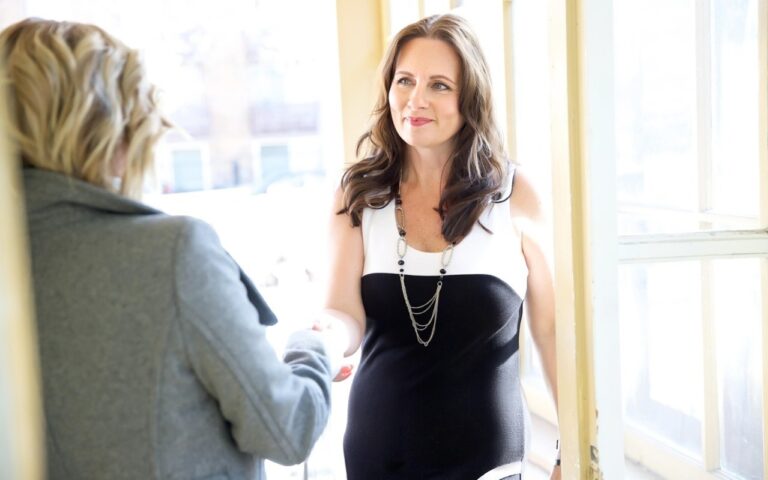I often talk about love. Love is my favorite word because it carries a high vibrational energy. You can see it in many of my posts. Love comes in many forms—love for people, cultures, siblings, spouses, friends, relatives, professions, pets, and self-love among others. Unconditional love means accepting people, cultures, and traditions with empathy, compassion, and kindness instead of judgment, resentment, or hate. Diversity and culture enrich us, but only when we embrace them with appreciation, balance, and a heart full of love, while respecting each other’s differences in the highest and best way. Love can inspire joy, growth, and connection. When we feel loved and appreciated, we thrive in everything we do. Love is shown through gestures, choice of language, non-verbal communication, and much more.
If unconditional love can inspire and bring out the best in people, a lack of love brings out the opposite. A lack of love pulls out the worst in people, instilling fear, intimidation, negative energy, pride, envy, conflicts and relationships issues. At any moment, we have the choice to spread love or to withhold it from those around us. At any point, we can choose which part of ourselves we want to nurture. Are you feeding your heart or are you feeding your ego? Are you allowing negative emotions to take over, or are you letting love and empathy guide you in those moments? We all experienced both, and we all have our moments of imperfection. Our imperfections make us human and when we choose love, we have a choice to be a better version of ourselves and make a difference for those around us, and ultimately in the world.
In a world divided by differences, conflicts, and separation, love is what we need most—love for ourselves and for others.
Since love reflects the best in everything, I wanted to share a beautiful Facebook post that resonates with my thoughts on relationships and leadership. I translated it from Romanian to English and hope its meaning comes across as beautifully as it does in my native language.
“At first glance, the differences between people may seem like sources of conflict or separation. Whether cultural, emotional, intellectual, or spiritual, these discrepancies sometimes create barriers that prevent us from truly connecting with one another. However, love possesses a miraculous power: it not only accepts differences but transforms them into a bond that unites, into a dance of complementarity that harmonizes what initially appears irreconcilable.
Love is, above all, a choice. To love someone means to accept them as they are – with all their qualities and imperfections, light and shadows. In this unconditional acceptance lies the key to harmony. It’s not about denying differences but about understanding and embracing them. Each of us comes with a unique set of experiences, beliefs, and ways of viewing the world.
Love creates the space where all these can coexist without judgment but with openness and respect. In love, what is different about the other becomes an opportunity, not a threat. For instance, if two people have different personalities – one introverted, the other extroverted – love teaches them to complement each other. The introvert brings calm and reflection, while the extrovert brings energy and adventure. Together, they create a balance that wouldn’t be possible if each insisted the other should be “the way they ought to be.”
Moreover, love encourages empathy. It compels us to try to see the world through the other person’s eyes, to understand what they feel and think, even if their perspective is radically different from ours. This process enriches both of us. It broadens our horizons, makes us more flexible and open. We learn to let go of the ego, of the need to always be right, in favor of a deeper and more authentic connection. Furthermore, love builds a bridge over imperfections. It doesn’t seek perfection but learns to see beauty even in what seems imperfect. In this mutual acceptance, souls transform. Differences become expressions of human diversity and richness, and conflicts dissolve into understanding. Still, harmonizing differences through love is not a passive process. It requires effort, dialogue, and patience. Love demands that we be present, that we listen, learn from mistakes, and grow together. Sometimes it requires compromises; other times, it calls for embracing vulnerability. Yet it is through these efforts that love becomes deeper, more mature, and more authentic. In conclusion, love doesn’t homogenize but harmonizes. It doesn’t demand that we become identical but rather that we find our place in a shared symphony. In love, the differences between you and the other person are no longer obstacles but resources that contribute to creating a whole more beautiful than the sum of its parts. Thus, love not only brings harmony between two beings but also reveals a deeper truth: diversity is an expression of life’s beauty, and unity is born from acceptance, not uniformity” Daniel Bota, Psychotherapist
In leadership, the best teams and work cultures are diverse and value people for who they are and what they bring. However, society often tries to make us fit in and be like everyone else. The real value is in being different, and when we embrace what makes us unique, we feel more fulfilled and can share our strengths with the world.





